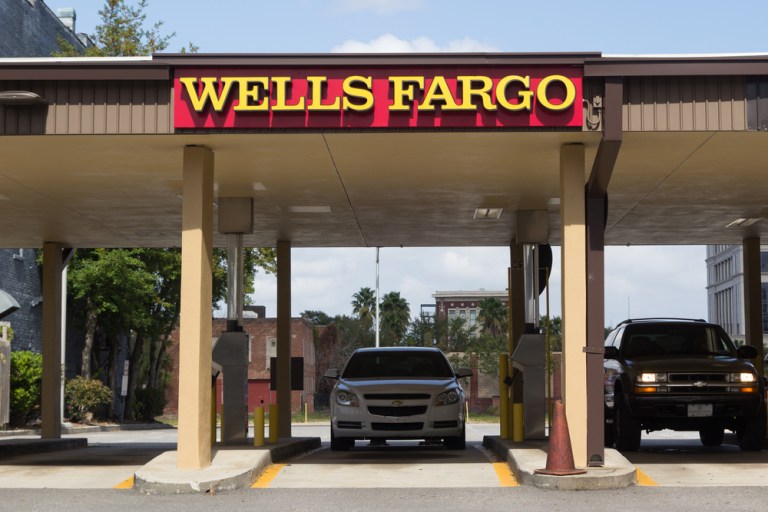More Trouble For Wells Fargo — The Bank Forced Unnecessary Insurance On Auto Loan Customers

Just when Wells thinks it is out of the water…
It seems the bank took advantage of 800,000 consumers who signed up for auto loans by signing them up for insurance that they did not need — and did not report wanting. Some of those customers continue to pay for that insurance to this day, according to an internal report prepared for the bank’s executive team.
The insurance — which largely covered collision damage — is suspected to have pushed over a quarter-million customers into delinquency and resulted in almost 25,000 vehicle repossessions.
The 60-page report, which The New York Times has reportedly seen and reviewed, also indicates that targets of Wells Fargo’s latest breach of consumer trust included military service members on active duty.
Wells Fargo, of course, is still trying to recover from reputational damage done by the reveal that they had illegally and fraudulently signed consumers up for credit cards and banks accounts without their permission or consent. The bank is also accused of making improper adjustments to the terms of the home loans of customers who were in bankruptcy, though Wells Fargo denies that claim.
It doesn’t deny these accusations, though — Wells Fargo has confirmed that the abuses detailed in the report definitely happened, and that it will be doing whatever it can to make its customers whole.
“We have a huge responsibility and fell short of our ideals for managing and providing oversight of the third-party vendor and our own operations,” Franklin R. Codel, the head of consumer lending at Wells Fargo, said in an interview. “We self-identified this issue, and we made the right business decisions to end the placement of the product.”
Consulting firm Oliver Wyman prepared the document after reviewing insurance policies sold to Wells customers from January 2012 through July 2016. The insurance, which the bank required, was more expensive than auto insurance customers already had — though it was not markedly different in terms of coverage.
National General Insurance underwrote the policies for Wells Fargo, which began to require the insurance on auto loans as early as 2006. The practice continued until the end of September. National General has declined to comment on the story.
Adding insult to injury, the way the bank charged for the insurance seems to have boosted the delinquency rate. A customer with a $275 payment — that includes only principle and interest on her loan — who agreed to the insurance (because they had to) could see that payment bounce up to as much as $325 — not the amount the customer counted on paying.
It is estimated that the bank owes $73 million to wronged customers.